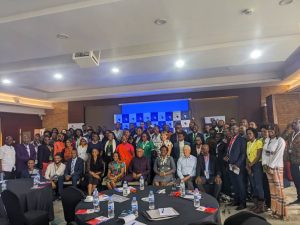Rwanda Union of the Blind Urges Greater Digital Accessibility for the Visually Impaired
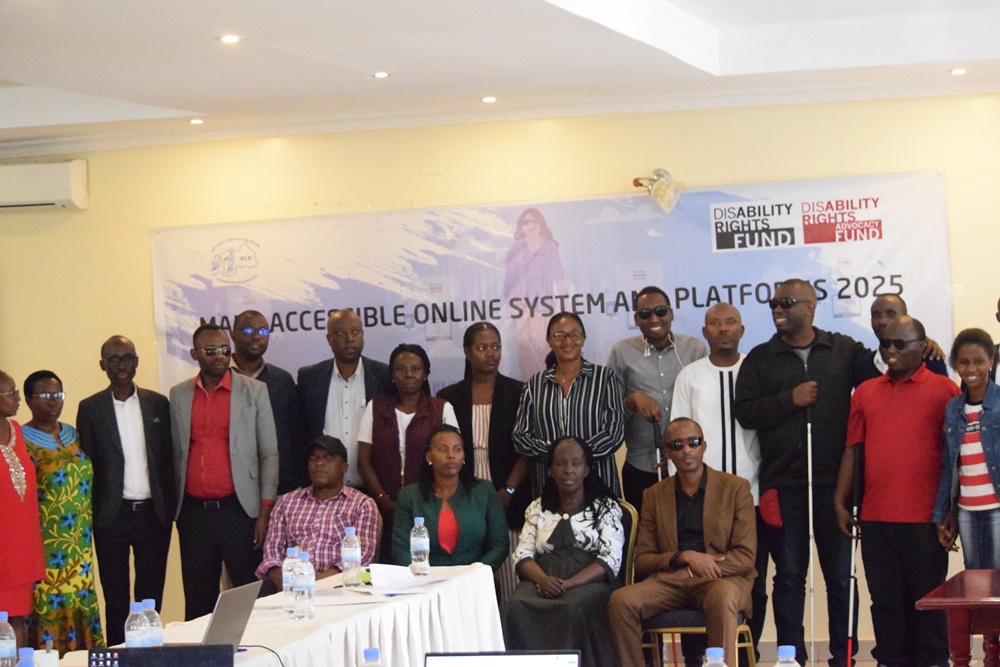
The Rwanda Union of the Blind (RUB) has called for urgent reforms in the design of digital platforms to make them more accessible to individuals with visual impairments.
The call was made on May 23, 2025, during a meeting held in Kigali that brought together RUB members, representatives from government institutions, and digital accessibility advocates.
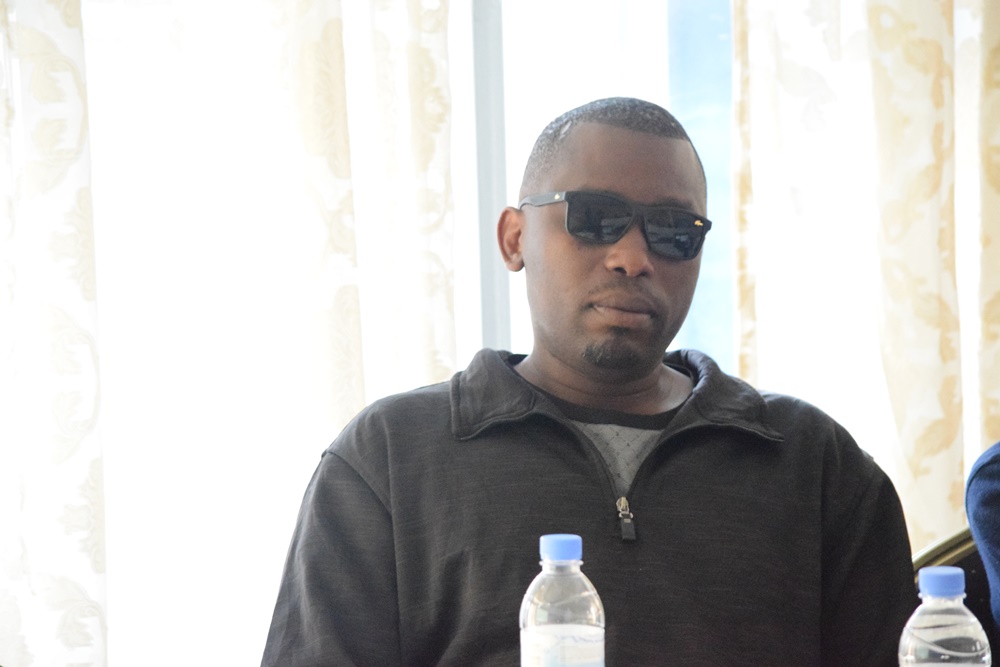
Pappy Sibomana, a member of RUB’s Advocacy Committee and an assistant lecturer at Rwanda Polytechnic Musanze Campus, shared first-hand challenges faced by visually impaired users when accessing popular Rwandan online platforms.
“As a person with a visual impairment, I often encounter significant barriers when using websites like Irembo and the Rwanda Revenue Authority’s portal,” Sibomana said. “These sites lack proper structure and accessible design features, making them nearly impossible to navigate using screen readers.”
He pointed out that many websites are built without considering assistive technologies, such as screen readers, which are essential tools for users who are blind or visually impaired. “Images often lack alternative text descriptions, and many buttons and links are unlabeled. This means critical information is simply not available to us,” he added.
Sibomana highlighted the e-recruitment platform managed by the Ministry of Public Service and Labour (MIFOTRA) as a key example. “Although improvements have been made, the psychometric tests required in the job application process remain completely inaccessible to blind applicants. This essentially blocks our access to employment opportunities.”
His message was clear: “Accessibility must be built into digital platforms from the start. Retrofitting accessibility is costly and often incomplete. We need to plan, design, and build with everyone in mind from day one.”
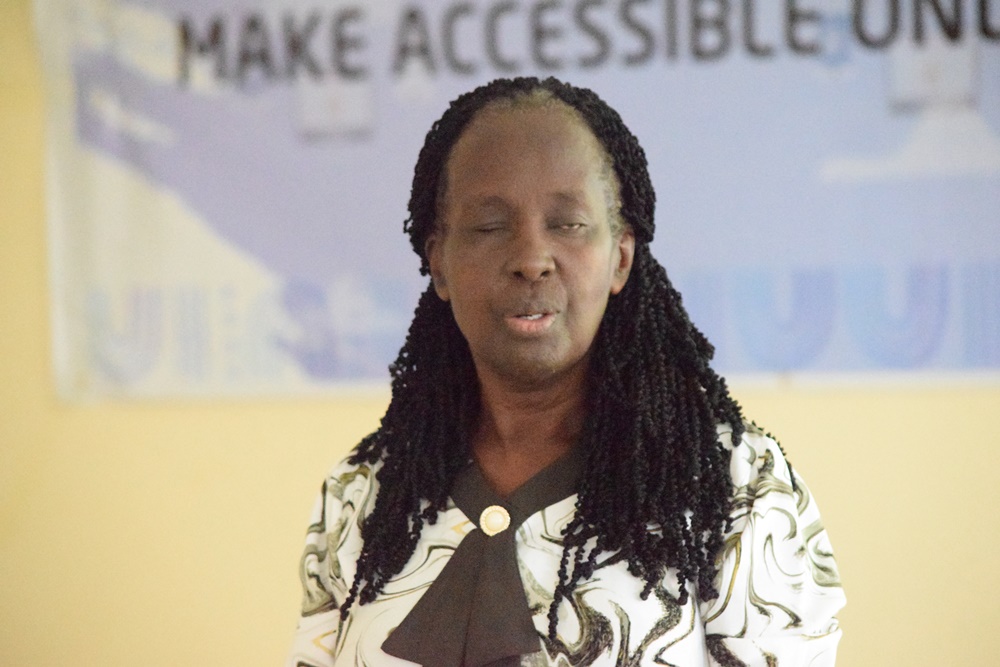
Dr. Beth Nasiforo Mukarwego, Chairperson of RUB, echoed these concerns. She emphasized that digital inaccessibility poses daily challenges for blind Rwandans, particularly in education and employment.
“We discovered through our research that very few blind persons are able to use technology independently. Many online platforms used for school admissions, government services, and job applications are simply not compatible with assistive software like JAWS,” Dr. Mukarwego said. “Even when using screen readers, users often cannot complete tasks without external help, which undermines their independence.”
According to a RUB study released in October 2024, nearly half (48%) of surveyed persons with visual impairments reported not using any assistive technologies, while 52% relied on tools like screen readers. Alarmingly, only 9% could access digital services with minimal difficulty, while 50.1% required assistance.
Affordability also remains a significant barrier. The study found that 68% of respondents considered assistive technologies too expensive, and over 31% were unaware of the costs involved.
“These statistics clearly show that the digital divide is still very real for persons with visual impairments in Rwanda,” said Dr. Mukarwego. “We must not only make online platforms accessible but also ensure that assistive tools are affordable and widely available.”
RUB is now urging government institutions, private developers, and service providers to adhere to international web accessibility standards, including the Web Content Accessibility Guidelines (WCAG), to ensure digital inclusion for all.
As Rwanda continues its push toward a digital economy, advocates say the needs of the visually impaired cannot be left behind.
“Digital inclusion isn’t a luxury,” Mukarwego concluded. “It’s right.”
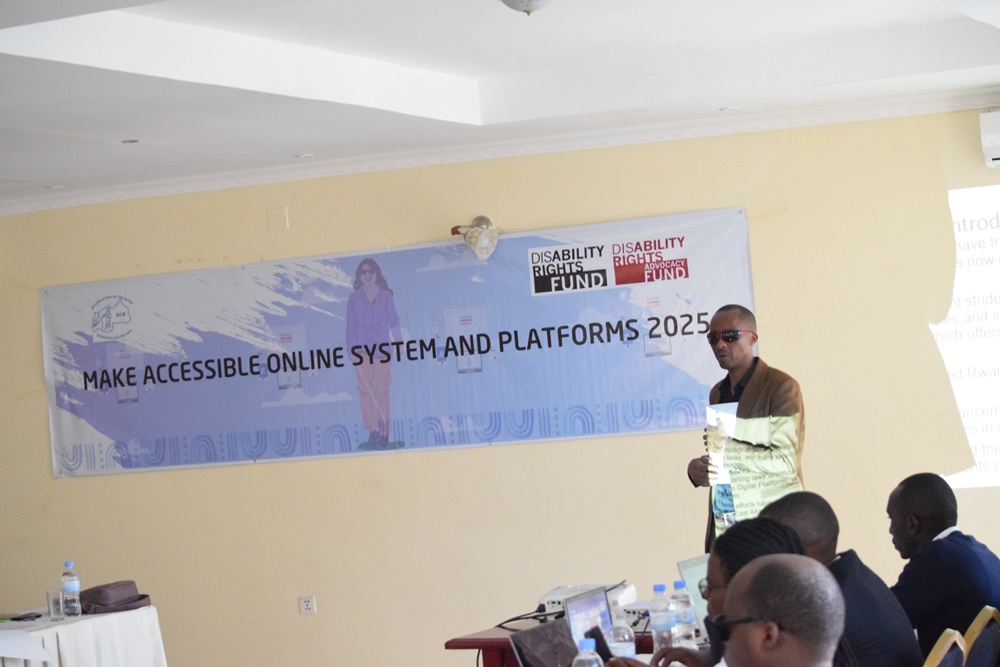
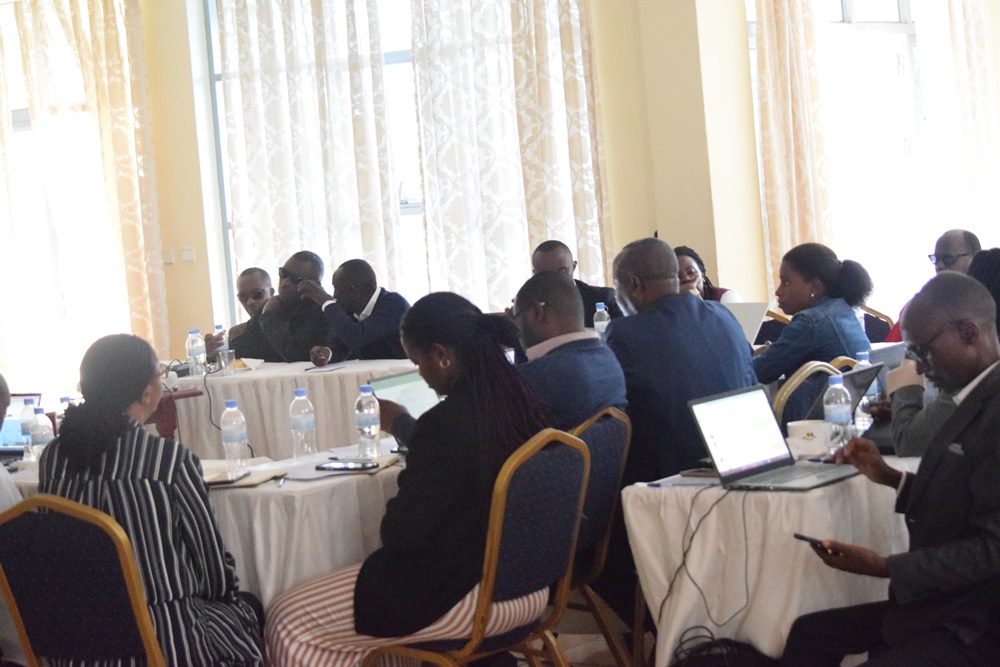
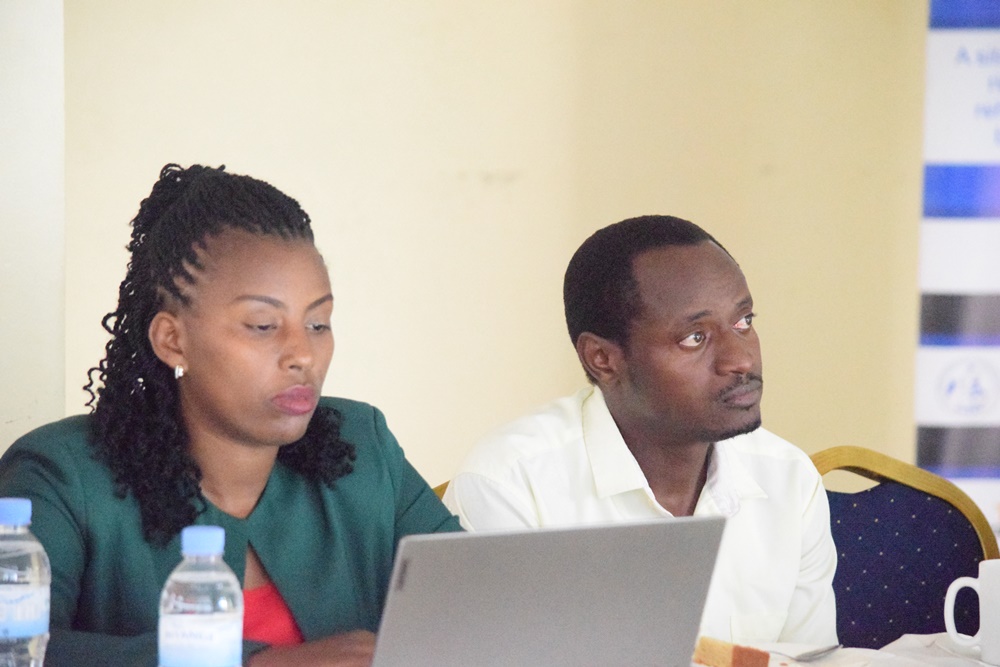
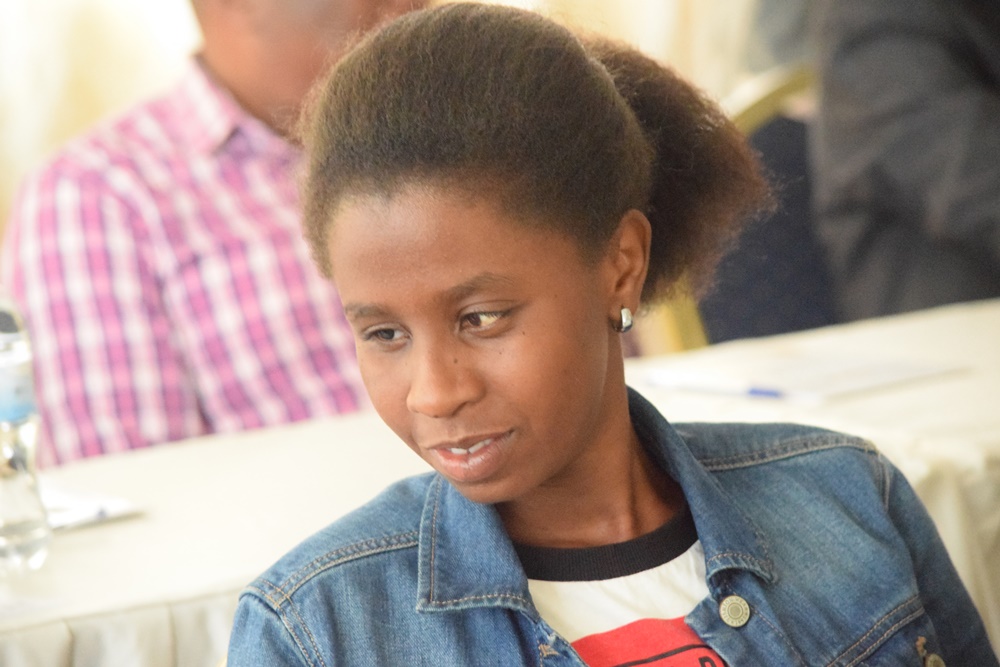
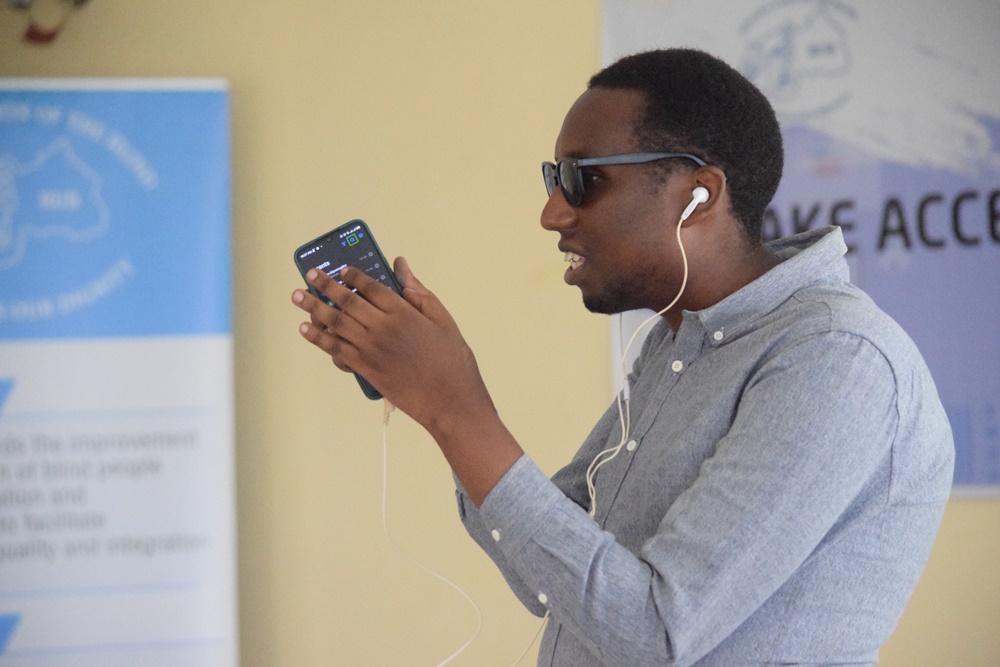
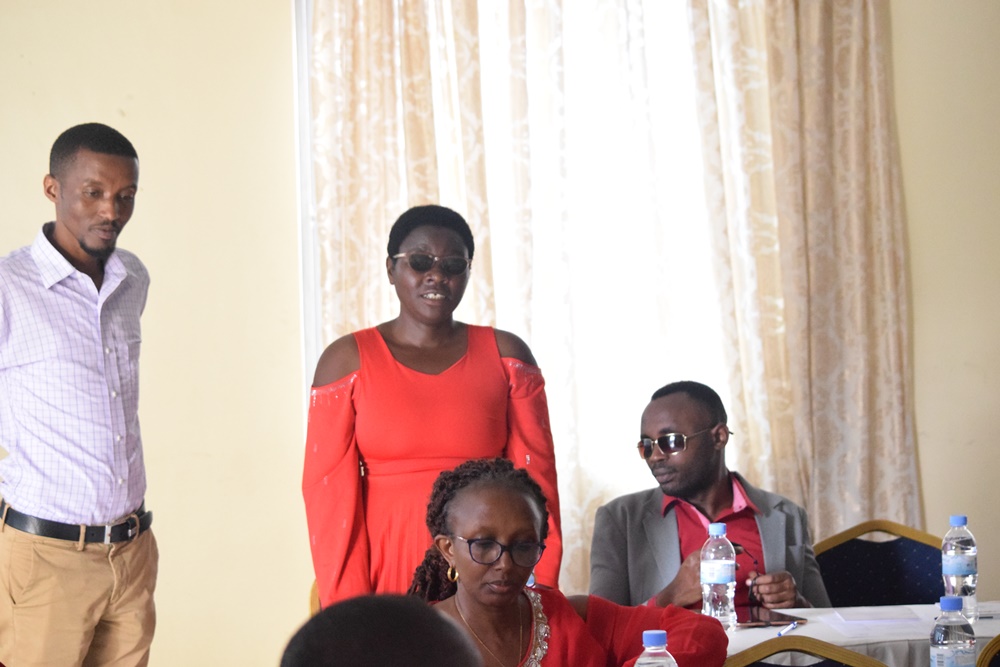
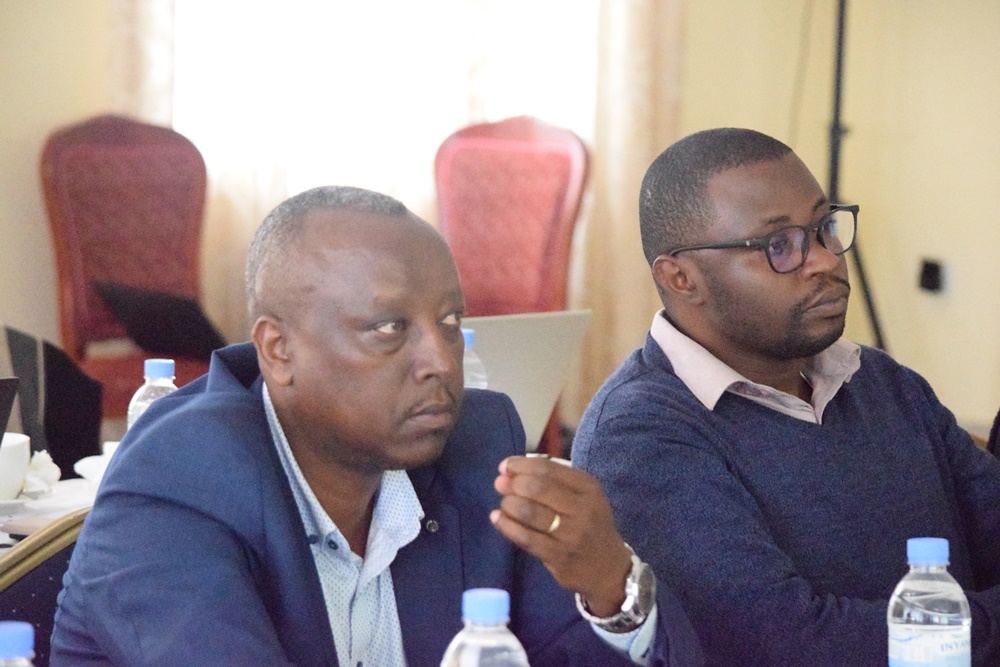
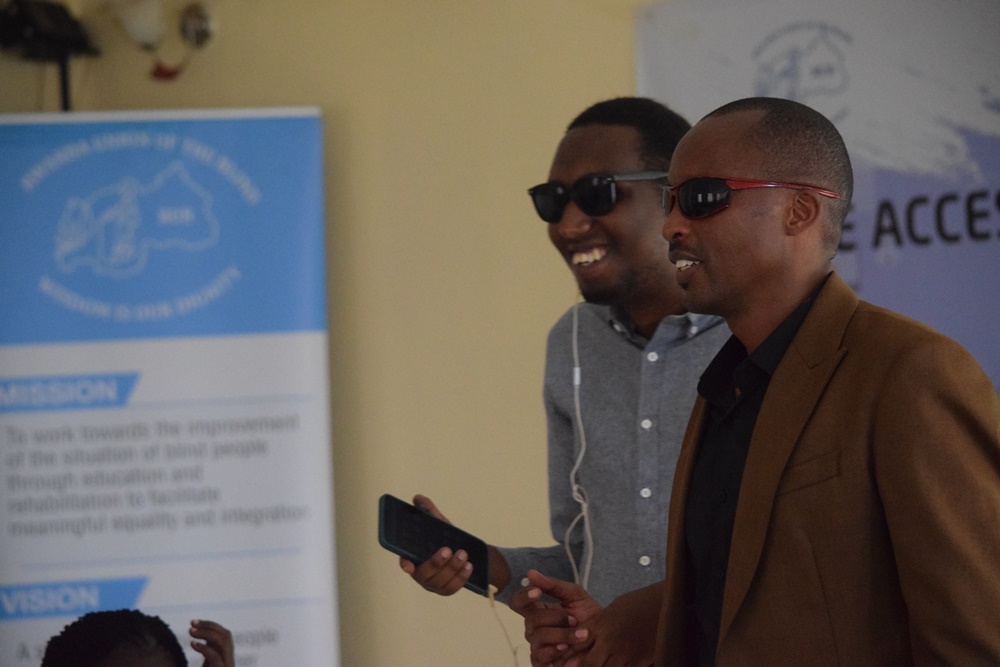
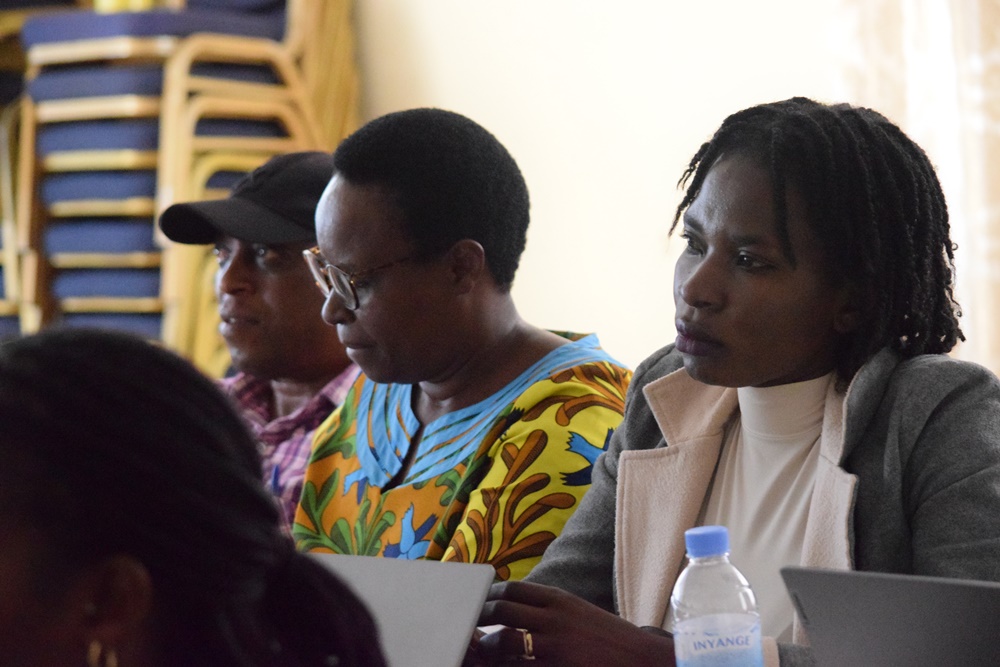
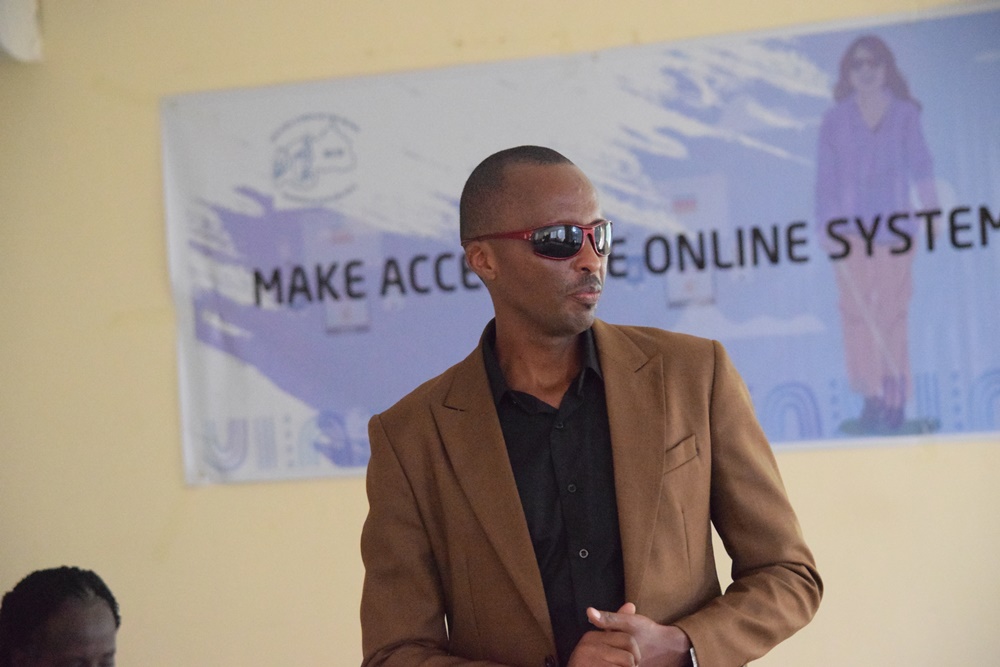

SUBSCRIBE TO OUR NEWSLETTER




